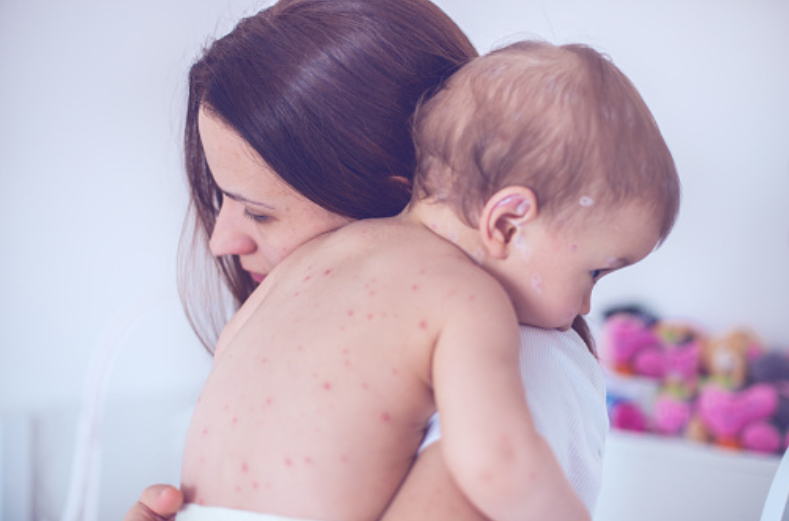[ad_1]

Geneva: A joint report by the World Health Organisation (WHO) and the United States Centres for Disease Control and Prevention (CDC) highlighted that a record-high number of children missed out on the measles vaccine in 2021. The drop in coverage has resulted in an alarming increase in outbreaks, demonstrating the need to restore routine immunisation coverage and work towards longer-term outbreak control. This can be done through re-doubling efforts to reach zero-dose children and reaching communities that consistently miss out on immunisation and other essential health services.
The report also highlights the long-term trend and the power of vaccines to save lives. Mortality has decreased by 83 per cent during the period 2000–2021 (from 761,000 to 128,000 deaths annually), with an estimated 56 million measles deaths averted by vaccination.
As a primary emphasis, Gavi, the Vaccine Alliance works with its partners WHO, UNICEF and others to support routine immunisation activities in lower-income countries, helping countries introduce a second dose of measles-containing vaccine (MCV2) into routine programs. Given the 95 per cent coverage rate required, Gavi conducts vital preventive catch-up and follow-up campaigns to reach unimmunised or under-immunised children. In response to the alarming state of global measles coverage, the Alliance recently announced a push to reach 85 million children across 22 plus lower-income countries through the first half of 2023.
Working through the Measles and Rubella Initiative’s (M&RI) Outbreak Response Fund (ORF), Gavi provided a total of US$ 85 million to ORF since 2013, to cover more than 60 country applications for outbreak response support.
Dr Seth Berkley, CEO, Gavi, the Vaccine Alliance, commented, “The significant decline in measles coverage is alarming. As an alliance, we are pushing further, with targeted efforts to reach zero-dose children and communities that consistently miss out on immunisation and other essential services. This is fundamental to reducing outbreaks and keeping health systems strong and resilient in the face of other threats.”
[ad_2]
Source link
